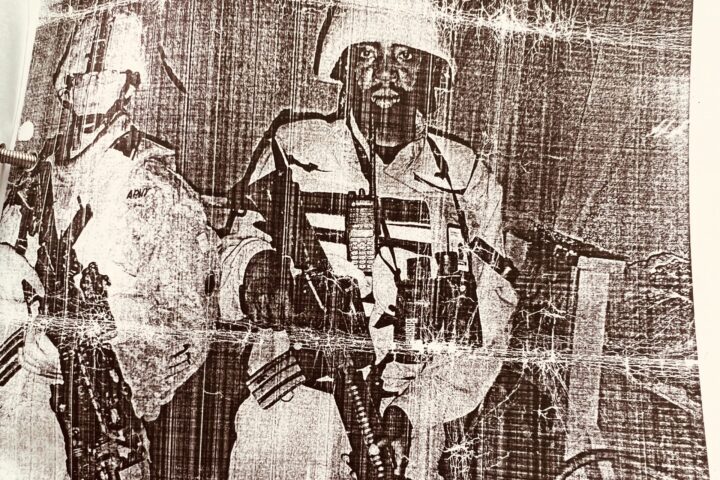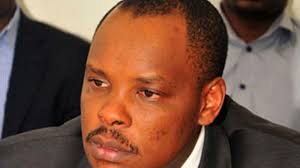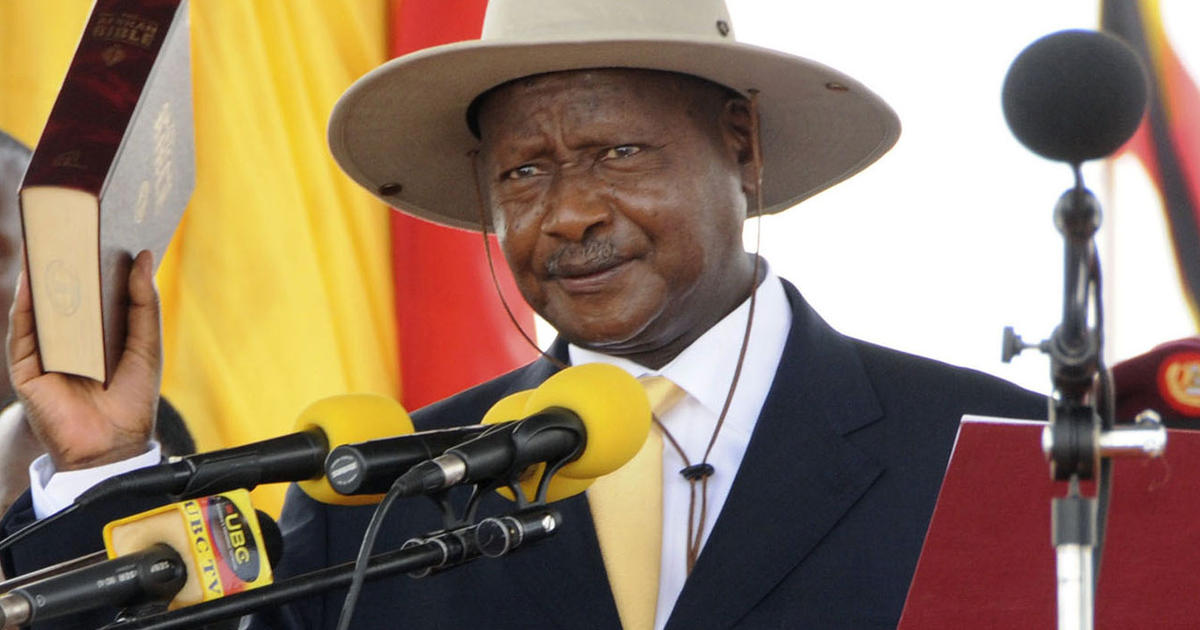The Monitor (Kampala)
OPINION 3 November 2007
By K. David Mafabi Kampala
We comment on Mr Angelo Izama’s piece, “Museveni: The African leader US loves to hate”, carried in last Wednesday’s Daily Monitor — but only because it pushes us in the direction of the fundamental issues that African people must continually confront, although this is clearly inadvertent.
Outside the immediately foregoing, quite frankly, I am hard pressed to get the point of Mr Izama’s piece. That is, unless it is to for him to repeat the argument for the ninth time, “Museveni’s visit shines a … light on the dubious support the US maintains for authoritarian regimes … like Ethiopia and Uganda …”
| GA_googleFillSlot(“AllAfrica_Other_Inset”); |
And then, “he comes with a lousy record of corruption at home, militarisation of civilian countryside and a state pressure on independent media – all part and parcel of his falling legitimacy as seen from his performance at the ballot in the last three elections.”
We could not speak for or about Ethiopia, at least not today, and certainly not in this piece. But we could of course vigorously take Mr Izama to task about his litany of President Museveni’s alleged failings.
For instance, on how the President’s performance in the last three elections is supposed to translate into “falling legitimacy”, and so on.
But, that is precisely the sort of diversionary and secondary debate that Mr Izama and other oppositionists would want everybody else to be mired down in – we shall not swallow the bait.
More importantly, why do our commentators believe African leaders are not capable of realpolitik? Why do they think African leaders cannot be clear about what is of strategic, or conversely of tactical, importance in our dealings with world powers in the age of globalisation? Why do they think that African leaders are necessarily fuzzy about the real and objective interests of the African people?
Mr Izama might wish to reflect more deeply about the experience of the China that he thinks is the reason for Mr Museveni’s “continued relevance in the region”. Many people date China’s reform back to the commencement of the leadership of the late Deng Xiaoping.
But, they could also look at the late Mao Zedong’s rapprochement and engagement with the United States, Richard Nixon and Henry Kissinger, of the late 1960s. For this, the former Soviet Union declared “Maoism, the first assistant of Imperialism”! In turn, Chairman Mao opined that “capitalist restoration had taken place in the Soviet Union which was now a Social-Imperialist power”!
The People’s Republic has never looked back. Under Deng Xiaoping, it launched the construction of “Socialism with Chinese characteristics”, and is set to be “the” super power within a decade. And, nobody in Washington is going to make a lot of noise about China’s “democratic credentials”. On the contrary, Washington will continue vigorously courting and engaging with the People’s Republic.
Now, our oppositionists will fall on me like a ton of bricks! No, I would not support a perceived death of democratic governance in China — although the Communist Party of China would certainly mount a vigorous and persuasive defence of the democratic essence of the Chinese political system. Neither would I suggest that a democracy deficit would be useful at home — I would actually show that we are doing and moving very well on questions of governance.
Let us also make this point. The real but elusive point in Mr Izama’s piece is a disguised and forlorn prayer, which struggles to emerge in the last three paragraphs — about President Museveni being required by Washington, to “clean house”! In this preposterous futility, Mr Izama comes clean and throws in his lot with the rest of the opposition.
The point in all this, again, is that African people and their governments simply must discharge their national democratic and other historical tasks, irrespective of what anybody else in the world thinks. This does not preclude constructive engagement with super powers.
In this connection, African revolutionaries could even describe the United States by rephrasing Mr Izama as follows, “The United States: The super power African people love to hate.”
Mr Mafabi is the private secretary to the President for political affairs.










